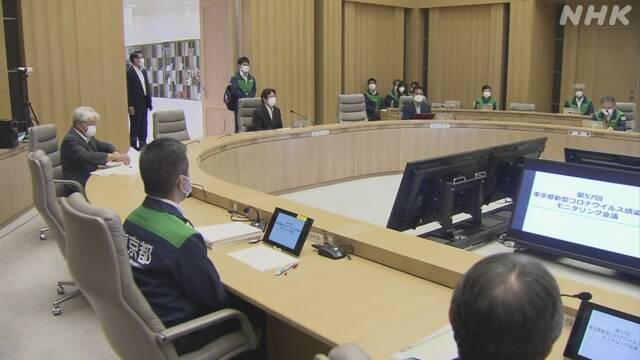In Tokyo, in order to maintain the medical care provision system amid the rapid spread of infection, those who have recovered from the inpatients are promptly switched to home care, and those with more severe symptoms are preferentially hospitalized. I have decided to take measures.
Although the current standard of hospitalization, which is "moderate or higher," will be maintained, it will be decided individually according to the usage status of the bed.
In the draft of the "emergency system" compiled by the city, the roles of medical institutions are divided into those that mainly accept patients with severe illness and those at risk, and those that accept patients with relatively mild symptoms. It is said.
On top of that, depending on the patient's condition, the patient will be transferred to another hospital, and the recovered patient will be promptly transferred to medical treatment at home or at accommodation to secure the necessary beds.
Although the current standard of hospitalization, which is "moderate or higher," will be maintained, it will be decided individually according to the usage status of the bed.
Through such measures, the aim is to give priority to people with more severe symptoms, such as hospitalization.
In addition, in ▼ home medical treatment, online medical treatment and home visits are conducted through local medical associations, etc. If it gets worse, I will be hospitalized at a medical institution as needed.
The city explains that these measures are urgent measures to maintain the medical care provision system amid the rapid spread of infection.
Masataka Inoguchi, Vice Chairman of the Tokyo Metropolitan Medical Association, who was involved in the formulation, said, "It is difficult to sort by some simple indicators. However, I would like to establish a system unique to Tokyo while coordinating well with related organizations. "

